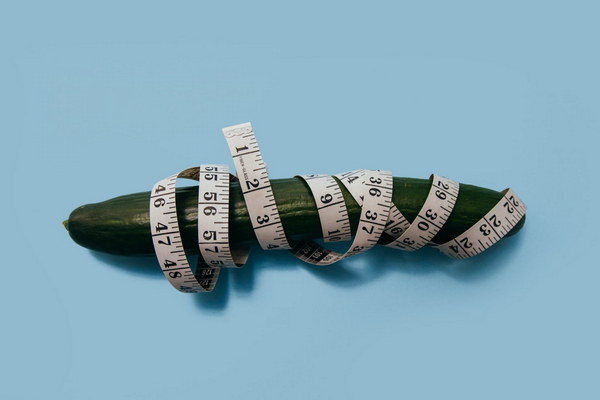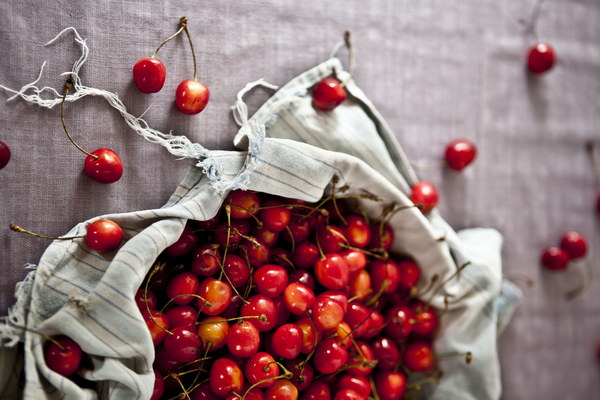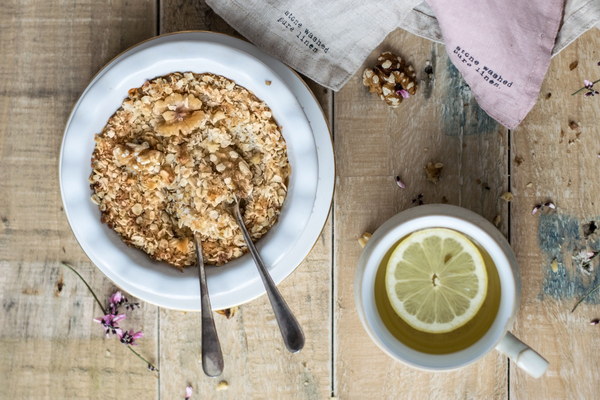Do Yam or Chive Boost Kidney Health A Nutritional Comparison
In the realm of traditional Chinese medicine, both yam and chive are celebrated for their health benefits, particularly in relation to kidney function. However, the debate over which one is more potent in enhancing kidney health has been ongoing. This article aims to shed light on the nutritional differences between yam and chive, exploring their individual contributions to kidney health and helping you make an informed decision about which might be the better choice for you.
Yam: The Root of Vitality
Yam, also known as the vegetable ginseng, is a root vegetable rich in nutrients that are believed to support kidney health. It is a staple in many Asian cuisines and is consumed for its sweet, starchy flavor and health-promoting properties.
Nutritional Profile
- Potassium: Yam is an excellent source of potassium, a crucial electrolyte that helps maintain the balance of fluids in the body and supports kidney function. Adequate potassium intake is vital for preventing kidney stones and reducing the risk of chronic kidney disease.
- Magnesium: This mineral is essential for muscle and nerve function, and it also plays a role in regulating blood pressure. Magnesium deficiency can lead to kidney issues, so yams can help prevent such problems.
- Vitamin B6: Vitamin B6 is necessary for the metabolism of proteins and plays a role in the formation of red blood cells. Deficiencies in this vitamin can impact kidney function, making yams a beneficial addition to the diet.
- Antioxidants: Yams contain antioxidants such as vitamin C, which can help protect the kidneys from oxidative stress and reduce the risk of kidney disease.
Traditional Uses
In traditional Chinese medicine, yams are believed to:
- Strengthen the kidneys
- Enhance fertility
- Boost the immune system
- Improve energy levels
Chive: The Herb of Vitality
Chive, also known as Chinese chive, is a fragrant herb that is commonly used in Asian cooking. It is a versatile ingredient that can add flavor to a variety of dishes and is also thought to have health benefits for the kidneys.
Nutritional Profile
- Vitamin K: Chives are an excellent source of vitamin K, which is essential for blood clotting and bone health. Adequate vitamin K intake can help maintain the health of the kidneys and reduce the risk of kidney stones.
- Antioxidants: Similar to yams, chives are rich in antioxidants, such as vitamin C and chlorogenic acid, which can help protect the kidneys from oxidative damage.
- Fiber: Chives contain dietary fiber, which can help improve digestion and reduce the risk of kidney disease by promoting regular bowel movements.
Traditional Uses
In traditional Chinese medicine, chives are believed to:
- Boost kidney function
- Promote blood circulation
- Help with digestion
- Strengthen the immune system
Conclusion: Which One is Better?

So, which one is the better choice for kidney health: yam or chive? The answer is not as straightforward as it might seem. Both yams and chives offer unique nutritional benefits that can support kidney function, and the choice between the two may depend on individual dietary preferences and needs.
If you are looking for a starchy, sweet-tasting vegetable that can be easily incorporated into a variety of dishes, yam might be the way to go. Its high potassium and vitamin B6 content make it a great choice for those looking to support kidney health.
On the other hand, if you prefer a more savory, fragrant herb that can add flavor to your meals, chive is a great option. Its vitamin K and fiber content can help with blood clotting, digestion, and the prevention of kidney stones.
Ultimately, the best approach is to consume a balanced diet that includes a variety of nutrient-rich foods, such as both yams and chives, to optimize kidney health and overall well-being. Always consult with a healthcare professional before making significant changes to your diet or starting a new supplement regimen.









